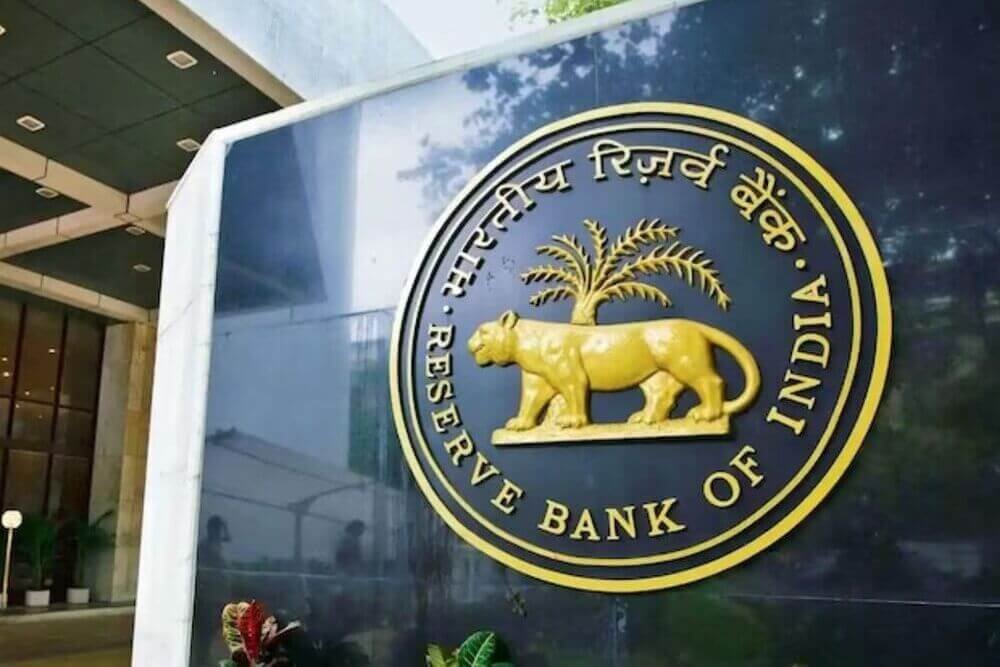
The Reserve Bank of India has played a pivotal role in India’s economic development and stability since its establishment in 1935. Dr. B. R. Ambedkar’s contribution as the Chairman of the RBI’s Advisory Committee was instrumental in shaping the central bank’s early policies and functions, with a focus on economic development and social justice. Today, the RBI continues to be a key institution in India’s financial landscape, overseeing monetary policy and financial stability.
You might like: Top 5 Biggest banks in the world in 2023
1. Establishment and Nationalization
The RBI was established on April 1, 1935, during British colonial rule in India. It was set up based on the recommendations of the Hilton Young Commission, which was appointed to study India’s monetary and banking systems. The RBI was founded as a private entity but was later nationalized in 1949, making it fully owned by the Government of India. This move symbolized India’s economic independence after gaining political freedom in 1947.
2. Role of Dr. B.R. Ambedkar
B.R. Ambedkar’s role in the RBI was significant as the Chairman of the Advisory Committee. He provided valuable insights and recommendations for the RBI’s policies and functions. His focus was on ensuring that the central bank played a proactive role in addressing the economic challenges facing India post-independence.
Ambedkar’s vision for the RBI included promoting financial inclusion, ensuring that the monetary and banking system catered to the needs of all sections of society, and fostering economic growth with social justice.
3. Decimalization of the Indian Rupee
One of the important milestones in the RBI’s history was the decimalization of the Indian rupee. In 1957, India adopted the decimal system for its currency, replacing the complex system of annas and paise. This move simplified the country’s monetary system, making it more accessible and easier to understand for the general public.
4. The Historic Demonetization of 1978
In an unprecedented move, the Government of India, with the support of the RBI, demonetized high-denomination currency notes in 1978. The move was aimed at curbing black money and counterfeit currency. As a result, ₹1,000, ₹5,000, and ₹10,000 notes were withdrawn from circulation. It was a bold and historic step in India’s economic history that had a lasting impact on the nation’s financial landscape.
5. Economic Reforms and Liberalization
The RBI played a pivotal role in India’s economic liberalization and reforms in the early 1990s. During this period, the Indian economy underwent significant changes, including the opening up of various sectors to foreign investment and the adoption of market-oriented policies. The RBI’s role in ensuring monetary stability and facilitating the reforms was instrumental in India’s transition to a more market-driven economy.
Over the years, the RBI has been at the forefront of financial sector reforms in India. It played a pivotal role in the nationalization of banks in 1969 and again in 1980. These moves aimed to bring banking services to the masses and promote financial inclusion. The RBI has also been instrumental in introducing and regulating electronic fund transfers, online banking, and digital payment systems in the country.
Here is a list of the Governors of the Reserve Bank of India, with their photos:
| Name | Photo | Term |
|---|---|---|
| Sir Osborne Smith |  | 1935-1937 |
| Sir James Taylor |  | 1937-1943 |
| C. D. Deshmukh |  | 1943-1949 |
| B. R. Shenoy |  | 1949-1956 |
| H. V. R. Iengar |  | 1956-1962 |
| P. C. Bhattacharya |  | 1962-1967 |
| L. K. Jha |  | 1967-1971 |
| B. N. Adarkar |  | 1971-1975 |
| G. S. Patel |  | 1975-1977 |
| I. G. Patel |  | 1977-1982 |
| Manmohan Singh |  | 1982-1985 |
| R. N. Malhotra |  | 1985-1989 |
| S. Venkitaramanan |  | 1989-1992 |
| C. Rangarajan |  | 1992-1997 |
| Bimal Jalan |  | 1997-2003 |
| Y. V. Reddy |  | 2003-2008 |
| D. Subbarao |  | 2008-2013 |
| Raghuram Rajan |  | 2013-2016 |
| Urjit Patel |  | 2016-2018 |
| Shaktikanta Das |  | 2018-Present |



